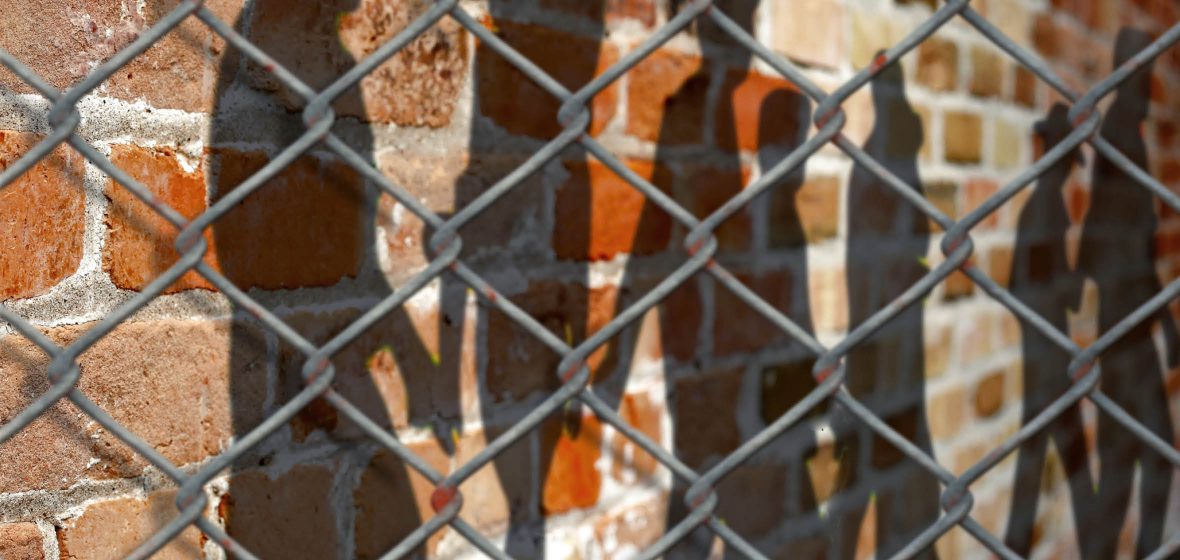The Migration Amendment (Removal and Other Measures) Bill 2024 proposes broad powers for the Minister and creates criminal offences with extended periods of incarceration. This will have significant implications for non-citizens.
The introduction of the Migration Amendment (Removal and Other Measures) Bill 2024 (Migration Bill) in March has generated much interest. Academics, non-government organisations and legal practitioners have expressed their concern over the broad powers conferred on the Minister and the creation of criminal offences including extended periods of incarceration, which Dr Daniel Ghezelbash, Associate Professor and Deputy Director of the Kaldor Centre for International Refugee Law at UNSW Sydney describes as an “extraordinary measure”.
The introduction of the Bill coincides with the High Court hearing in ASF17 v Commonwealth of Australia (ASF17). While the decision is still pending, there is a lot riding on the outcome. As Ghezelbash explains, “what is at stake in ASF17 is whether people in immigration detention must be released if their refusal to cooperate is what is preventing them from being deported.”
“The facts of the case are shifting away from administrative detention to criminal imprisonment.”
Ghezelbash describes the “impetus for the bill” as the need to deal with people impacted by NZYQ v Minister for Immigration, Citizenship and Multicultural Affairs [2023] HCA 37 (NZYQ). “In particular, pending litigation in the High Court concerning people who are not cooperating with efforts to remove them”.
In NZYQ, the High Court ruled that indefinite detention is unlawful and there are limitations on the power of Ministers to detain people.
The Explanatory Memorandum states the bill will grant the Minister power to “direct certain non-citizens who are on a removal pathway to cooperate with removal efforts”. The new powers proposed under the bill will allow the Minister to “give a direction to a removal pathway non-citizen to do specified things necessary to facilitate their removal, or to do other things the Minister is satisfied are reasonably necessary to determine whether there is a real prospect of their removal becoming practicable in the reasonably foreseeable future”.
The bill includes “appropriate safeguards” in relation to the exercise of this power.
Under the bill, a failure to comply with a direction, without a “reasonable excuse”, will be a criminal offence and carry a mandatory minimum sentence of 12 months’ imprisonment and a maximum available sentence of five years’ imprisonment or 300 penalty units, or both.
The new subsection 199E(4) sets out matters that cannot be relied on by a person under the “reasonable excuse” defence. It will no longer be a “reasonable excuse” if the person has a “genuine fear of suffering persecution or significant harm if the person was removed to a particular country”.
According to Ghezelbash, the bill will affect people in similar situations to NZYQ, but will go even further.
“I think that it is one of the most draconian pieces of legislation in the migration space that we have seen for decades,” he says.
Ghezelbash says even if people comply with directions, there’s no guarantee countries will accept their return.
“And so it’s an open question when someone is coerced through the threat of criminal sanctions and mandatory minimum prison sentences to cooperate in their removal whether those governments would still view them as involuntary returns and refuse to accept them,” he says.
“And then if they don’t comply, then they [will] go into the prison system and be subject to mandatory minimum sentences of one year or potentially more”.
Critics of the bill say it could have the effect of sending those with legitimate protection claims back to countries where their life or freedom is at risk.
According to Ghezelbash, the failure to sign and submit a document could result in a mandatory prison sentence. “And I think this is… an extraordinary and somewhat unprecedented measure that could potentially be incredibly harmful for families, particularly migrant communities in Australia”.




